By Barbara Krasner
On the night before Passover in the spring of 1972, my mother pointed to our front door and said, “Out! All of you, out!” She wanted us out of the house so she and our longtime housekeeper, Clara, could change the dishes for the holiday. Changing the dishes was a Passover rite of passage and meant changing pots and pans, all silverware, tablecloths, even re-lining the cabinets.
My mother handed my eldest sister, Eileen, a wad of money. Eileen, twenty-two, in turn, ushered us— my middle sister, Evelyn, eighteen, and my twin, Andrea and me, fourteen—to her red 1966 Ford Falcon. My mother’s mission was clear: Have dinner out at the Jade Fountain. It was situated in the next town, North Arlington, where our father had grown up and where he owned two supermarkets, a Jewish-owned business in a town governed by the Roman Catholic Church, specifically Queen of Peace, which stood across the street from our flagship store.
We passed Krasner’s Market on our way, that part of Ridge Road that intersects with Sunset Avenue, where my immigrant grandparents settled and set up their mom-and-pop shop in 1920. Farther north on Ridge Road, Eileen pulled into an alley which led to a parking lot behind the restaurant. Kitchen workers on break stood by the back door and the garbage cans. Already we could smell the fried grease mixed with sesame oil.
The Jade made the best appetizers in the world. It even dedicated Tuesday nights to Yum Cha in the days before buffets became popular. We ordered a “Bot Bo,” the appetizer sampler served in a kind of wooden Lazy Susan atop a can of ignited pink lava, also known as sterno. Stacked in the carved grooves like sacrificial offerings were charred spareribs, barbequed chicken in foil, chicken satay, sliced beef wrapped around pineapple chunks, Polynesian chicken wings, egg rolls, and shrimp toast. It reminded me of a suspended Seder plate. While my mother was at home clearing out all remnants of bread and preparing the kosher-for-Passover kitchen, we prepared to eat treyf. Some other restaurants in the area, like Lee’s Hawaiian Islander, called this a “Pu-Pu Platter,” which hardly sounded appetizing.
The place was pretty empty except for a smattering of other Jewish families, kicked out of the house by their mothers and escorted by older siblings who could drive.
Some waiter folded over in age, with a linen napkin draped over the mustard-colored sleeve of his jacket, delivered the Bot-Bo to our table, its pink crags ablaze. Eileen was miserable. Her best friend since high school biology, Mike, was dating some leggy blonde of Swedish descent, Nancy. The fried noodles on the table, lazing about in their wooden bowl, bested Nancy on IQ points.
Staring into the mesmerizing flames of the sterno, I had an idea. I had just watched Cary Grant portray Cole Porter in a movie, “Night and Day,” on TV. As a Yale student, Porter gave this football cheer, “Bull dog, bull dog, rah, rah, rah.” I thought about Nancy and a bull dog. I could certainly see a resemblance. I made up a song: “Goodbye, bulldog. Goodbye, bull dog. Goodbye, bulldog, we’re glad to see you go.” I sang this to the tune of “Goodnight, Ladies.” The four of us stared into the sterno as we sang the song over and over again, keeping our voices at a whisper, almost a prayer.
The next day, Mike broke up with Nancy. By the end of that summer, Mike and Eileen became engaged. They’ve now been married forty-four years. Mike, a scientist, never understood the magic that brought the two of them together. But we did. That night we discovered the power of our sisterhood. When we weren’t fighting or competing, we could actually come together and help each other.
The Jade Fountain became more than the place from which we had take-out on Sunday nights and the refuge on Christmas and the night before Passover. It became the holy site of the power of the burning sterno. Over the years, one of us has called “a Bot Bo” at the Jade Fountain to invoke its power to bring a college acceptance, get rid of a bad boss, to buy a house, to get a scholarship. It works really well on getting rid of bad bosses. One Sunday night in 1993, we had done a Bot Bo. My boss’s boss, a former Marine, was giving me a really hard time, because I had the audacity to give him sass. Goodbye, bull dog. The next morning a memo came out announcing his transfer from New Jersey to Ohio. Another time Andrea, married and living in upstate New York, could not attend. So we called her from the table, laughing hysterically, and hoping the waiters wouldn’t notice. We believed if all four of us didn’t participate, the magic would be lost.
The Jade embraced sisterhood. There was never a question of where we would hold our bridal showers. Eileen’s shower came first on June 23, 1973, held in the side room against the back wall. I had just picked up my new wire-rimmed glasses at the optometrist and the change in the prescription rendered me dizzy. I ordered a terrine of egg drop soup and nothing else. Meanwhile, Eileen had a horrible sunburn and moved slowly. We both needed comfort, and we found it in soup, pots of Chinese tea, and each other. Eileen wore a short-sleeved blue and white polyester pants suit that we actually shared, even though I stood at least five inches taller. We didn’t plan on reinforcements from the next generation: my mother, her sister from Queens, and her sisters-in-law from Bergen County and Long Island, and my mother’s friends from the Sisterhood of Kearny and North Arlington—Mrs. Elkin, Mrs. Lerner, Mrs. Yurman, Mrs. Kurtzer, Mrs. Seidman (the only one of my mother’s friends we were allowed to call by her first name, Sylvia). It was these women who taught us the art of the stupid hat made up of wrapping paper and ribbons. It was these women guffawing over private jokes, half in Yiddish. And somehow it was these women who convinced my mother to don the stupid hat, tie it with blue ribbon under her chin, and pose for the camera.
My shower came next on October 31, 1987, my father’s sixty-eighth birthday. We ordered multiple Bot-Bo platters, the wooden picks impaling greasy, thick wedges of shrimp toast. Andrea toasted me under the Zen-like wall hanging of three Chinese pagodas reflected on a pool of water. Eileen was pregnant with her second child (who would be a girl). My mother sat and smoked with Andrea’s future mother-in-law, an old-time friend from Brooklyn where they had grown up. On a side table sat dozens of rainbow- and floral-wrapped gifts, some still within their Fortunoff bags. Plastic blue and red leis adorned the tables; some of my friends from work and some cousins wore them proudly. Coral-colored cards sandwiched between the salt and pepper shakers promoted Yum Cha. It was no longer purely a Jewish sisterhood, but a group of women. Surrounding our U-shaped tables stood waiters in their gold buttoned jackets and black bow ties.
They stood there still at Andrea’s bridal shower at the cusp of 1988, January 8. The event brought in many of the same women and now also included Andrea’s friends from elementary school through full-time work who all had blond hair, except for Heidi Yamaguchi. Her childhood friend Babs pinned a flower corsage at her shoulder, but I sat next to her, presented the toast, and became her matron of honor. The bond between twins was hard to beat, even by a herd of blond-haired girls.
Evelyn never thought she’d marry, but Eileen introduced her to the man who became her husband. The wedding date was November 3, 1997 and the shower was planned for October. By now the Jade had morphed into one of these nondescript buffet places. Evelyn’s shower was planned for an Italian restaurant in Lyndhurst.
Although the Jade, and its various locations, are all gone, and the only remnants now are morsels of conversation on nostalgia websites, our ritual continues. To enact the ceremony, all one of us has to do is contact the literal Sisterhood and say, “I’m calling a Bot Bo.” We never divulge what we asked for until it comes true. We’ve had to adapt the ritual, its participants, and its venue. The sisterhood grew from the four of us to include two daughters, our mother, also known as the High Priestess, my college roommate, and Mike’s sister. We’re always on a hunt for a Chinese restaurant that offers a “Pu-Pu Platter” in a wooden dish over a can of sterno. But no place offers the magic of the Jade, with its odd hot and sour soup that was more the color of pumpkin and was neither hot nor sour, orange glazed fried chicken, juicy Polynesian chicken wings, pan fried chicken medallions with green peppers and onions, and those charred spareribs that even my normally kosher mother would eat.
Barbara Krasner holds an MFA from the Vermont College of Fine Arts and teaches creative writing, composition, and history at New Jersey colleges and universities. Her essays have appeared in Jewish Literary Journal, South 85, The Smart Set, Whale Road Review, Minerva Rising, and other journals.

Donate to the Aleksander Fund today. Click the photo read about Julia, who lost her baby, and what the fund is.
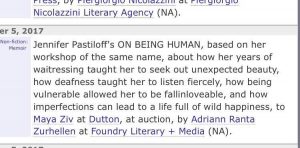
Join Jen at her On Being Human workshop in upcoming cities such as NYC, Ojai, Tampa, Ft Worth and more by clicking here.

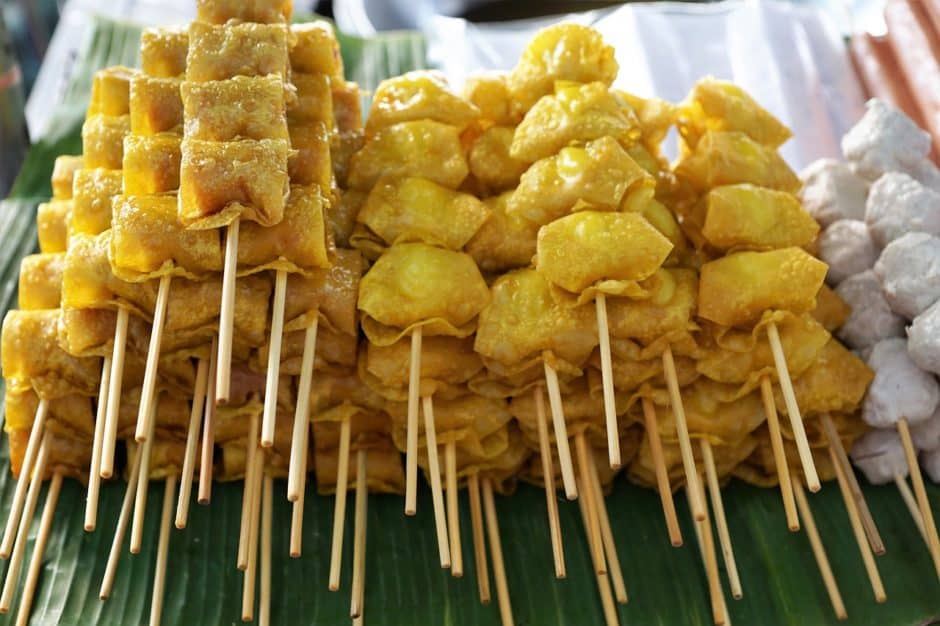
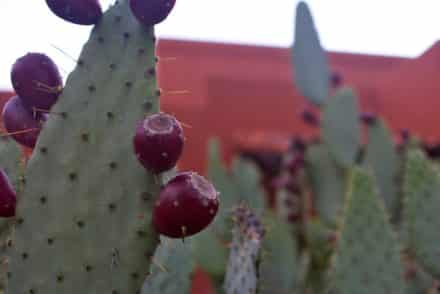
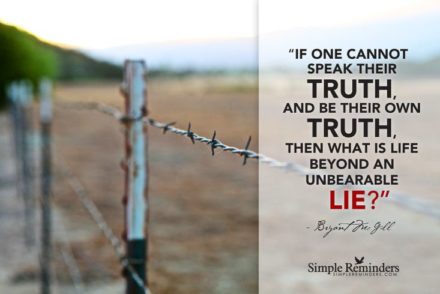
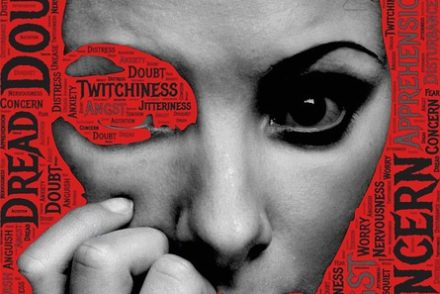
No Comments